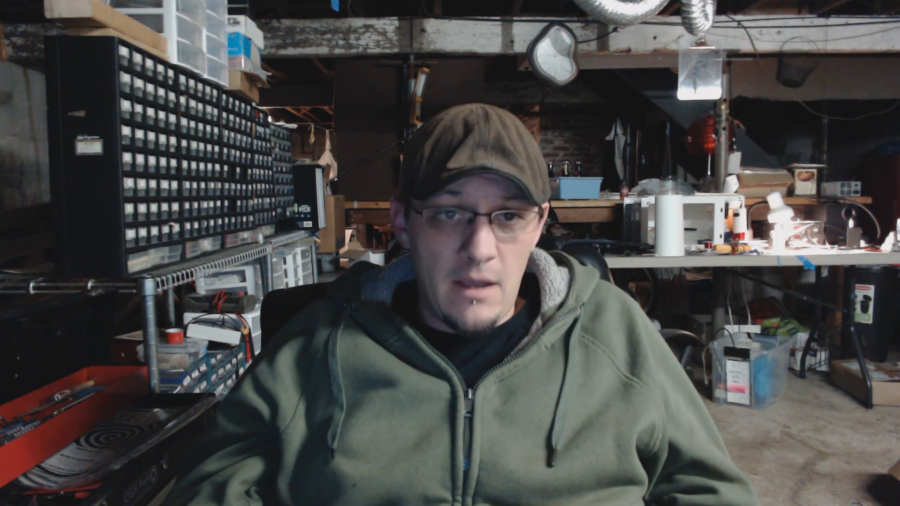Hi there, this is Tim Cannon from Grindhouse. I just wanted to weigh in on this issue, and I didn’t want to kind of flood—write a giant dissertation. So either way, I think when it comes to gene editing and these sort of technologies, and that the barrier for entry kind of falling out— I think that this is a very good thing. I think that it depends on the context that we’re trying to implement it. I think that when it comes to medical therapies and stuff, there are plenty of regulations there and I think that those are all perfectly fine. And the rigorous processes that medicine has to go through to be declared safe I think are absolutely fine.
That said, I think when you start using this technology for enhancement, that’s when you start to get into the domain of biohacking and kind of human augmentation. Well, I believe that this is a very fertile ground for people to explore, and I think that this involves willing participants who are trying to find out more about the world around them and trying to enhance the human experience. And I think we need to allow that innovation to take place.
Now, that doesn’t mean I’m opposed to regulation; I’m not saying just let it happen. Some people in Grindhouse are very much against regulation. I’m not exactly against reasonable regulation. However, it needs to be understood that biohacking and human augmentation and going above and beyond are different academic disciplines, with some overlapping concepts and some overlapping toolsets. However they’re not the same thing. And therefore we need to forge an ethical code of conduct so that we can begin to talk about regulation. And we need to come to a consensus on what the ethical code of conduct is in terms of beginning to research these ideas and how that research is implemented, and how we can use the benefits of that research in medicine, for example. Because you have willing participants trying to learn more about the experience, but that data can then be applied to medicine.
So I think the hardest thing to to tackle is that we need to come to consensus on the ethical code of conduct for the research into human augmentation, and from there we could talk about how to make reasonable legislation that doesn’t discourage innovation and doesn’t set the bar too high—or barrier for entry—for innovation in this sort of thing. I understand why that barrier exists for medicine, but this is not medicine. The things that I do are not medicine. The things that people that are experimenting with genetic technologies, is not necessarily medicine.
So we need to kind of come to terms with that and kind of separate this research into its own academic discipline, and begin to come up with a consensus for a code of conduct before we can talk about any of the ways to legislate it. Because if you ban it, it will just happen in back alleys and other countries, and that’s not what we want. That’s not working for the drug war, it won’t work for this. But we also don’t want to govern it under medicine, because that’s too restrictive and it applies ethics that aren’t necessary, because you’re not preying on sick or ill people, and you’re not talking about restorative—quality of life issues don’t really factor in. If I was worried about my quality of life, I wouldn’t sew circuits into my skin. People that are making these sorts of tests are not necessarily— That’s not their highest priority. Obviously I want a good quality of life, but quality of life is a much larger concern in medicine than it is in say biohacking and human augmentation. So that’s just my two cents.
